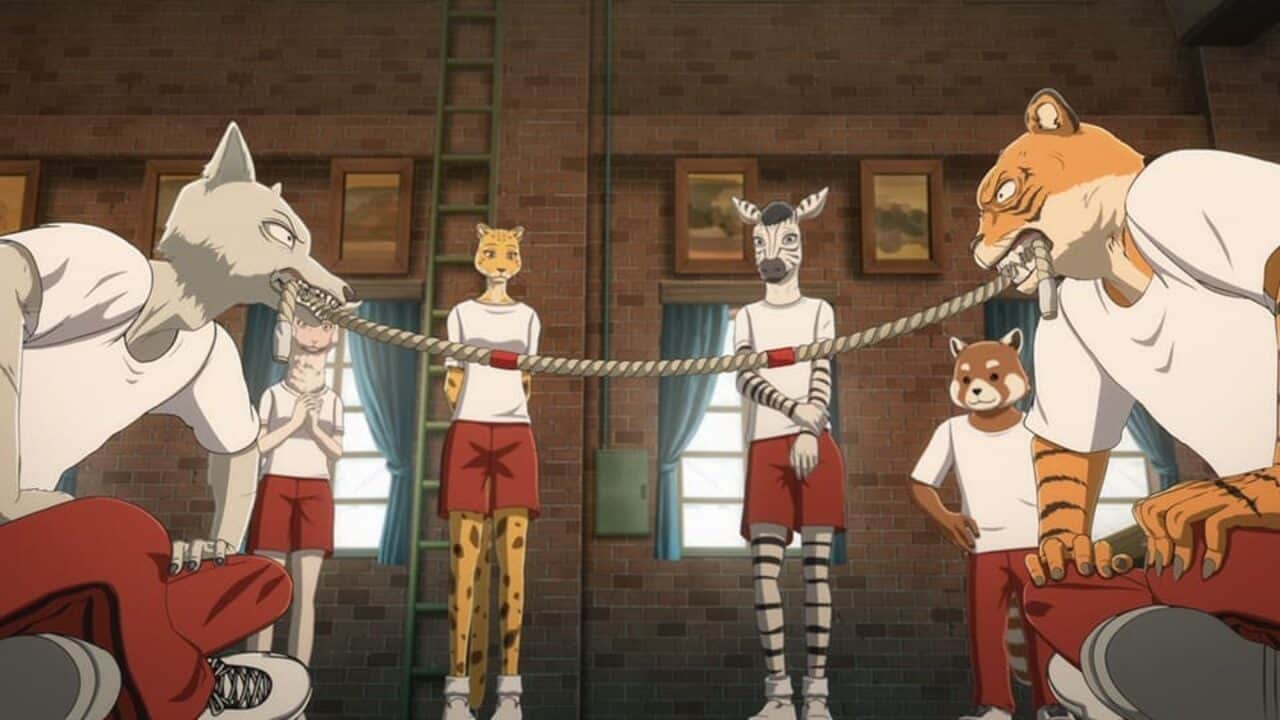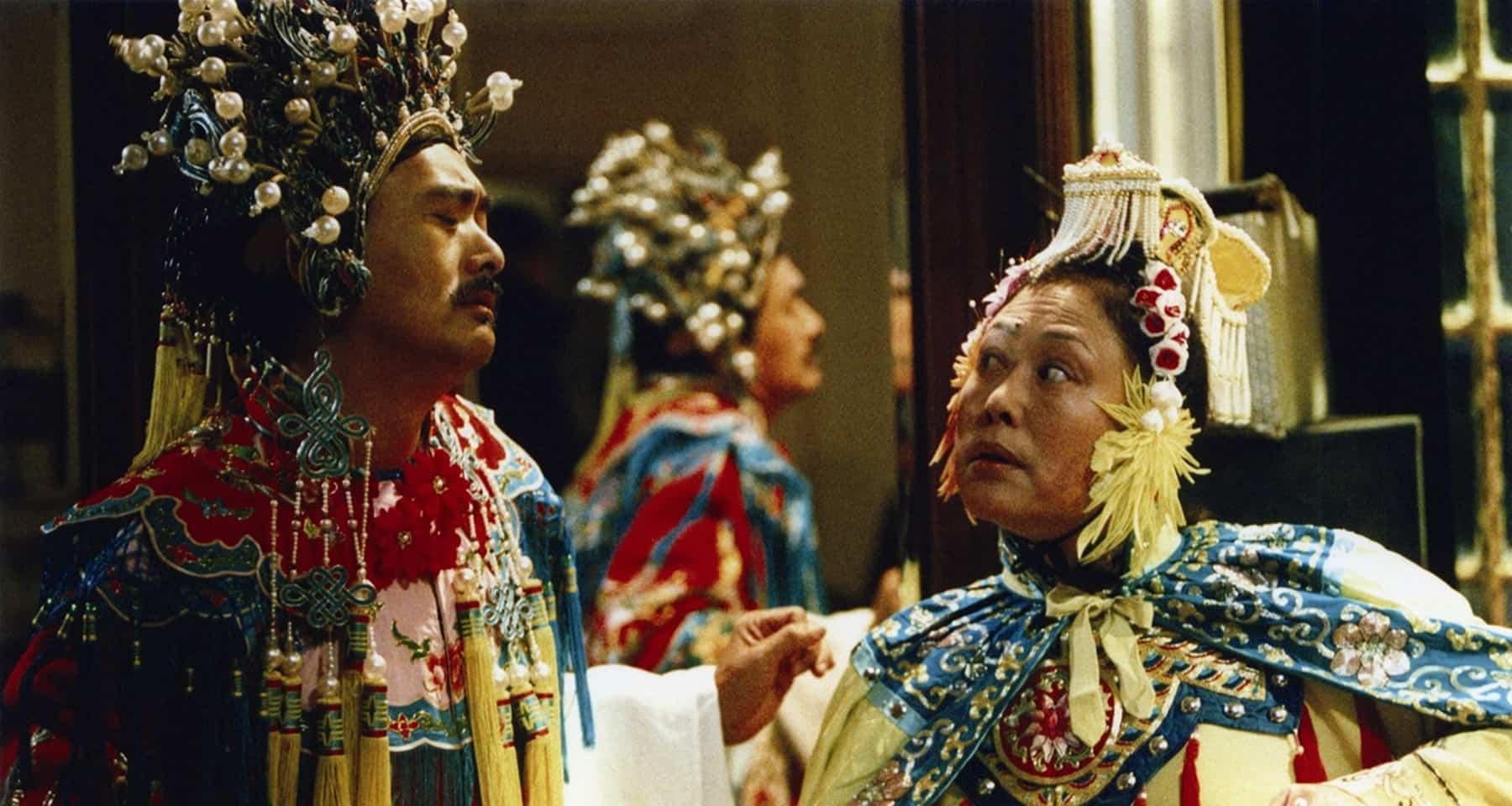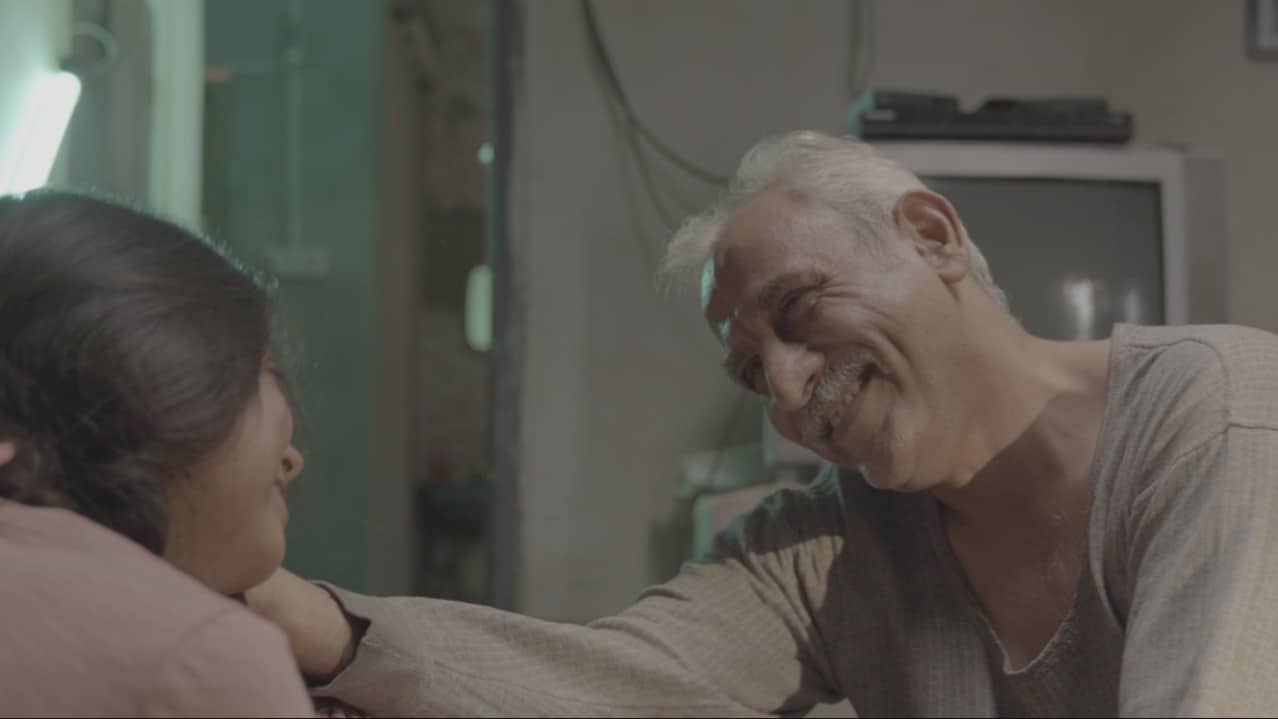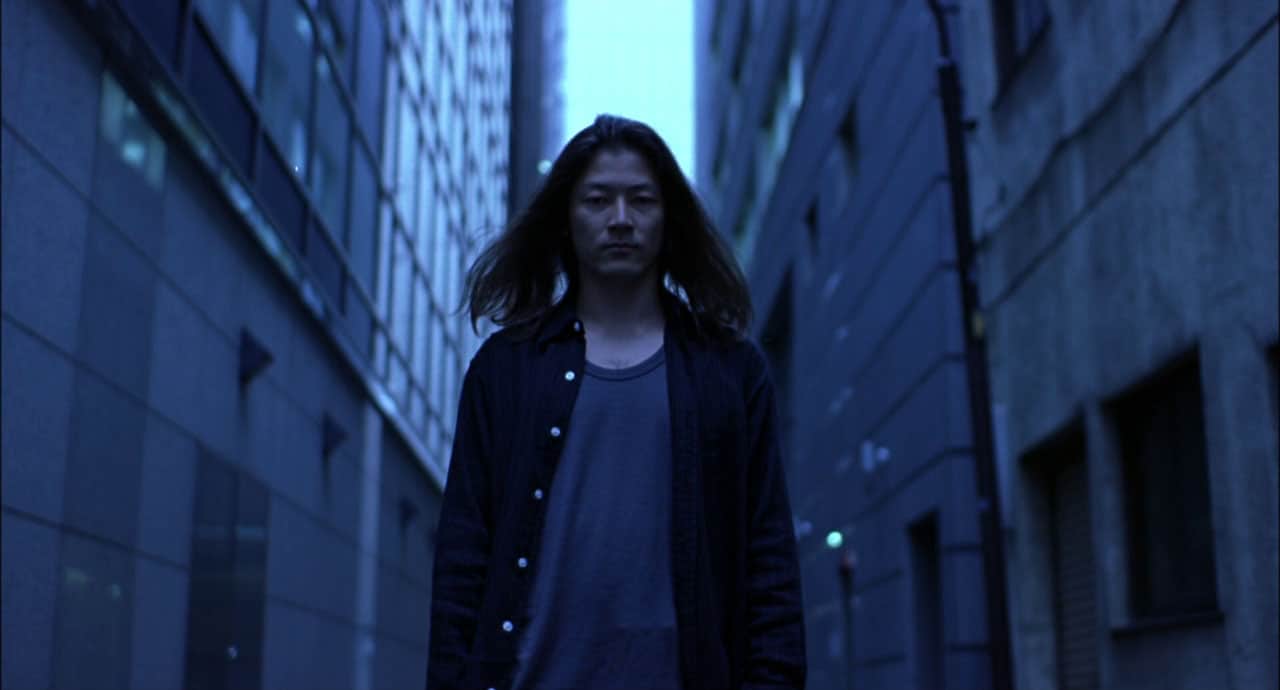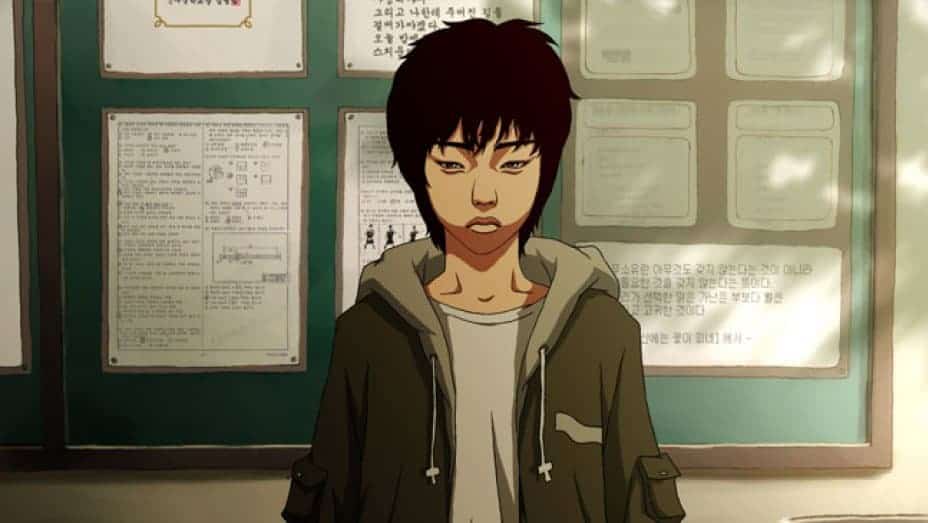by Antonio Danese
Mò Xiāng Tóng Xiù (墨香铜臭, also known as MXTX) is the pen name of a successful Chinese author of three series of Danmei novels published in 2014: “The Scum Villain's Self-Saving System” (which inspired the animated “Scumbag System” series), “Grandmaster of Demonic Cultivation” (from which the Netflix series “The Untamed” was based), and “Heaven Official's Blessing”.
“Heaven Official's Blessing” (天官赐福, Tiān Guān Cì Fú) was born as a Chinese web novel belonging to the genres of Xianxia literature. It was released on June 16, 2017, on Jinjiang Literature City (JJXWC), and an official English translation by Suika & Pengie was published in 2021 by Seven Seas Entertainment with the illustrations of ZeldaCW. Subsequent to the web novel, a manhua adaptation appeared on Bilibili, illustrated by STARember, on October 19, 2019, and in April 2021 the English version was available on Bilibili comics.
Animated by Haoliner Animation and League, the twelve episodes of the first series of the donghua adaptation of “Heaven Official's Blessing” are written by Chunri Youling and directed by Li Haoling.
Watch This Title on Crunchyroll
by clicking on the image below
After a great and spectacular ascension to the Heavenly Realm, Xie Lian, the Crown Prince of Xianle, is sent to Mount Yujun to disclose the mystery of the brides kidnapped by a Ghost Groom bang in the middle of their marriage procession. The two young officials from the Heaven Court Nan Feng and Fu Yao, a mysterious bandage boy, the voice of a child singing a nursery rhyme, the brave and altruist Xiao-Ying, and the master of silver butterflies Hua Cheng, are part of the seemingly never-ending flow of characters the audience will meet following the Crown Prince in the solution of this mortal enigma.
Subsequently, the Crown Prince decides to live in a decrepit shack that he tries to clean and settle for hosting onlooking villagers and building a shrine. During the Zhongyuan festival, the Crown Prince meets a young and mysterious man: San Lang. The two men will be associated with another investigation into the Banyue Pass, escorted by Nan Feng and Fu Yao, who always remain on high alert about the new companion. After running into a windstorm in the desert, the fellowship will take refuge in a cave inside a rock formation, where they will protect a group of merchants attacked by the scorpion-snakes. Following the merchant's guide Zhao through the empty streets of Banyue ruins, Xie Lian will meet Kemo, the monstrous general of the soldiers of Banyue, and the young and sad Banyue state preceptor, who will overstretch him and bind him to solve hazardous and horrible mysteries kept under wraps by some eminent Heavens officials.
It's the polymath interplay of the main characters that reveals the most important themes of the anime! The encounter between the Crown Prince and the Ghost Groom reveals how deeply the plot investigates human emotional relationships. A possessive and jealous love is at the origin of this “wrath,” but also an unfair rejection: the bond of love that gave meaning to her world was lost when she was alive, and after that, her world fell into rage first, then senselessness, and finally pain and abandonment by those who should have supported her and held her hand.
From Xie Lian's thoughts about her, some crucial questions arise: is undying love possible, or is there no love that can avoid the trauma of its end? Are all loves destined to die? When we are in love, we are exposed to the risk of loss and, therefore, to the risk of trauma. In a way, we are destined to hurt the people we love the most, and the people who will hurt us the most are those who love us, because our lives are in their hands and their lives are in our hands, and human hands are often fragile hands. This risk is present in all true love stories. That's why perhaps sometimes the effort that human relationships require from us is not to judge anyone but to understand everyone, as Xie Lian tries to do
The few words the Crown Prince and the Crimson Rain Sought Flower exchange are bearers of another important message. Before letting them talk to each other, the screenwriter Chunri Youling waited until their narrative development reached a maturing moment, which allowed both characters to face each other without resorting to subterfuges. While Hua Cheng is worrying if Xie Lian was interested in knowing if he was human or not, this latter shows that the most important thing in forming a friendship is not the identity but how two people get along: if two personalities hit it off well, it doesn't matter their social or cultural origins; they will keep on loving each other.
The anime tackles the issue of bullying through a series of meetings with complex characters: the scared and hesitant bandage boy, who is violently attacked by the people living on Mount Yujun; and, Kemo, the terrifying general of the troops of Banyue, who built his terrific strength by training with millstones after being bullied at a young age and speaks a frightful and guttural language. But he is also a warrior able to feel empathy and a sense of responsibility towards the Banyue state preceptor and save her life. This latter is a young, dark purple-clad girl, aforetime discriminated against for her origins and now turned into a “wrath” with an intense un-happy glance. All these characters are united in a sorrowful and cruel past that Xie Lian will always try to listen to, comprehend, and, when it is possible, redeem.
The tempo quickens when Li Haoling stages the action scenes with stylish brio and slashing power, but he adopts an unhurried pace to tell Xie Lian's everyday life and in his tendency to introduce drawn-out flashback sequences, which heightens the intimacy we feel for the characters. As for the plot itself, the director Li Haoling adopts the structure of a triptych for the anime's narrative: the first part plays out on Mount Yujun; at the anime's midpoint, the plot literally descends down the Zhongyuan festival and the time in the shrine, where the two main characters take care of each other, shaping their confidential lexicon. The final part of the anime opens up a new realm to explore: the terrible history of Banyue.
During one of his business days, Xie Lian takes a ride on an old ox cart and sits close to a young man who is taking a rest, lying with his arms pillowed behind his head. The young man looks up at Xian Lie with a shadow of a smile and starts a conversation with the Crown Prince through flaming red maple leaves dancing their way to the ground along the way the ox cart takes: his name's San Lang.
If you like Heaven Official's Blessing, check also this video
These two men run into each other by chance on the street. At first, it's difficult to grasp their relationship, but through sparse hints, both spoken and unspoken, there is a sense that they hold a history. Without delving into the depths of their past, the anime moves on to the next chapter of the triptych, and as the characters evolve, so do their backgrounds, but the author Chunri Youling and Li Haoling give their amusing supporting characters just enough to make an impression without taking attention away from the anime's core, the burgeoning relationship between Xie Lian and San Lang.
There are not a few artistic flourishes; for example, the anime opens and closes with striking images representing the salient themes of the plot: multicolored pictures full of countless refined shades pass on the screen, showing fascinating details of ancient Chinese culture. In the introduction of puzzling characters, a clever and inspiring combination of visual and auditory sensations is manifested by the creators of the series.
During the first encounter between the Crown Prince and Hua Cheng, the composer of the soundtrack, Yang Bingyin, skillfully combines natural and artificial sounds with a tactful carpet of strings and traditional instruments: the footfalls, the fine silver chains at the sides of the black leather boots, which sway clinking and resonating in a pleasant rhythm, the raindrops going pit-a-pat on the umbrella the mysterious character raises over both of their heads, and the nostalgic theme played by the percussion instruments. Everything takes part in creating a leisurely and romantic walk, even the visual sensations like the use of red and blue shades and the glittering and translucent butterflies flooding the gloomy atmosphere with serene wings shimmering and surrounding the two men like silver twinkling stars.
The entrance of the Ghost Groom is based on auditory sensations as well: the odd sound of footsteps like something heavy pulled along the ground at irregular intervals. Moreover, the use of the autotune emphasizes the resentment and agonizing torment emitted by the Ghost's voice. Furthermore, eminent voices enrich the original soundtrack. Jeff Chang sings the opening theme song, “Wú Bié” (No Separation). The song recalls romantic memories full of care and melancholy due to the absence of loved ones. But we can't forget the delicate and keen voice of Isabelle Huang whispering the ending song, “Bú Sàn” (Never Leave), and the passion and intensity with which Hu Xia sings “Hóng Jué” (Red Supreme).
“Heaven Official's Blessing” is a wonderful catalog of visual and auditory details: the strength of this story lies in the multiplication of small nuances, small objects, small gestures, and seemingly imperceptible phrases that nevertheless stand out in the audience's memory and give us fundamental traits of a culture as topical as ever for understanding human feelings and relationships.



